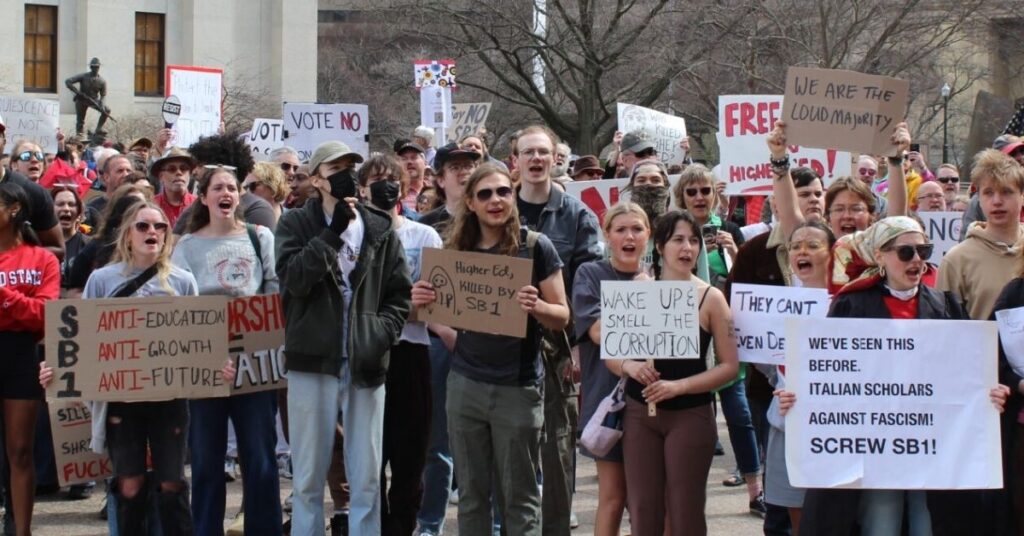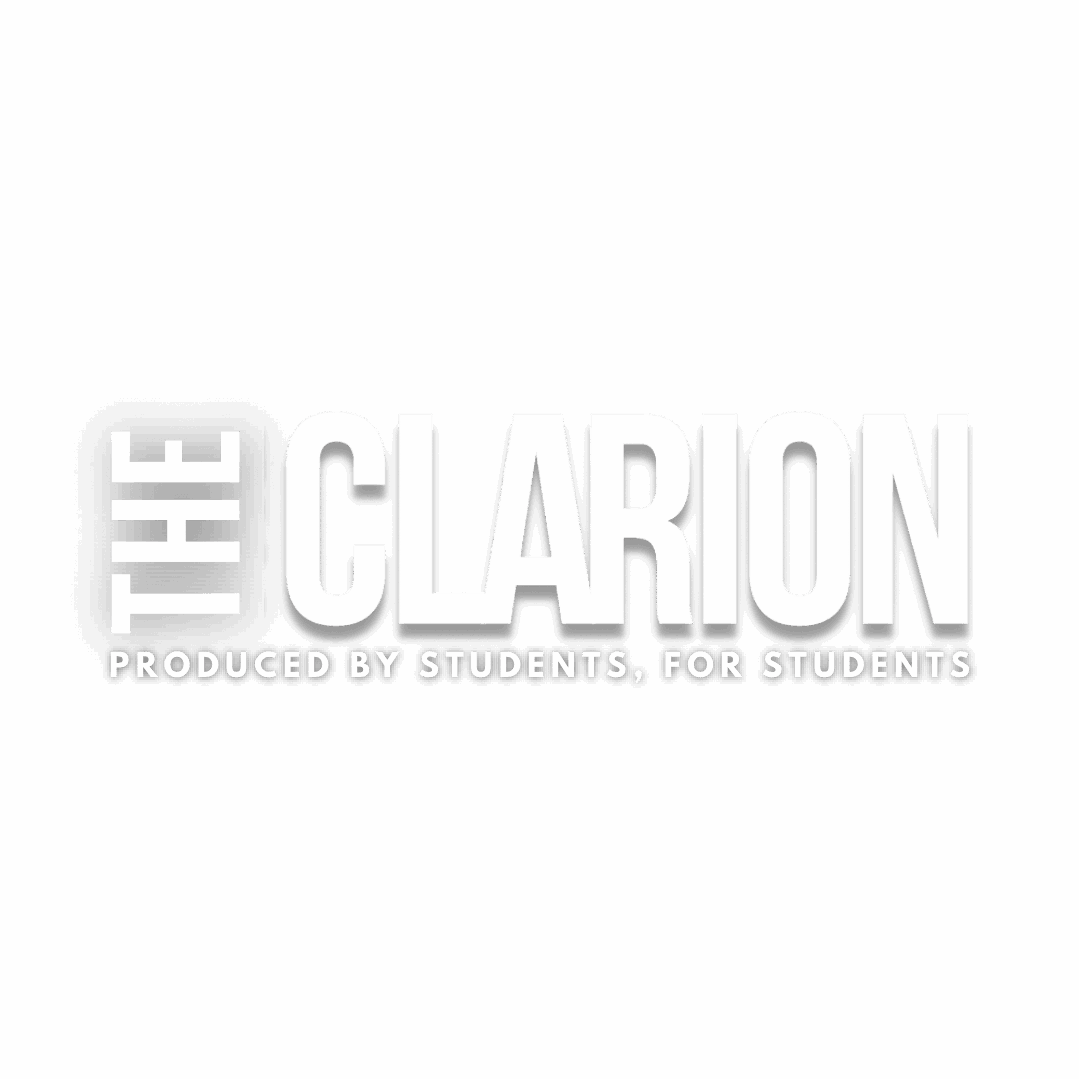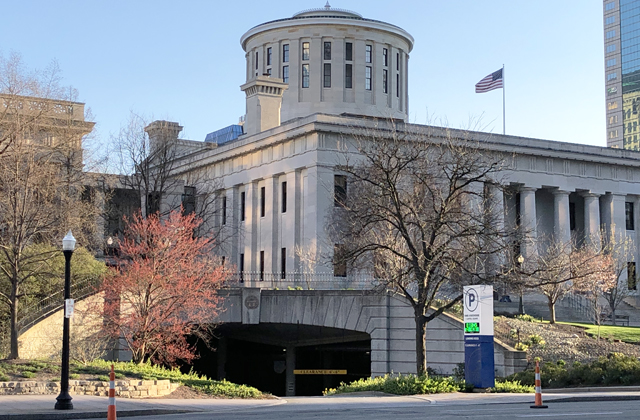On March 19, The Ohio House of Representatives passed Senate Bill 1 (SB 1) which will make sweeping changes to higher education across the state.
This bill remains highly controversial. Supporters call it a “student first” approach towards education, while opponents call it an invitation of confusion, chaos and First Amendment violations across all campuses in Ohio.
SB 1 took effect on June 27, ushering in new policies and a new era of higher education. At Sinclair College, some effects of the bill have already become noticeable. In the coming semesters, new and returning Tartans will find changes in terms of class content, requirements for graduation, grants, scholarships and even the potential removal of certain programs.

With the vagueness and ambiguity of SB 1, many faculty and representatives of Sinclair are hesitant to talk about the changes SB 1 has made. While Sinclair remains confident in its mission and ability to provide quality education to its students, there is an err towards caution over the specifics of SB 1.
Sinclair also expects to take on a financial burden due to SB 1. In May, the Board of Trustees allocated $500,000 to an emergency fund to pay for expected costs of remaining compliant with SB 1. The fund will be used for the 2026 fiscal year operating budget.
The $500,000 is only expected to pay for the initial costs. Sinclair estimates the direct and indirect cost of compliance with SB 1 to be $2 million in the first year of implementation and then $1 million per year in each subsequent year, indefinitely.
In the latest Board of Trustees meeting held in June, Sinclair stressed that while they have and will remain compliant with all legislation dictated by SB 1, they are confident they can get the necessary resources to students in need.
Sinclair did not respond to our request for comment on the impacts of SB 1. However, the Ohio Department of Higher Education states directly what every college must do to comply with SB 1. Below is a list of important changes that could impact students at Sinclair:
- A ban on Diversity, Equity and Inclusion (DEI) initiatives:
SB 1 bans all DEI initiatives, restricts DEI training, eliminates existing DEI offices and prohibits the creation of new ones. Exemptions are available for appeal, although it is unclear if Sinclair has applied for any.
Certain scholarships for traditionally and currently marginalized groups like physically disabled students and victims of human trafficking have been cut due to SB 1’s ban on DEI. Sinclair did not say what, if any, scholarships currently offered have been cut.
- An American Civics Literacy course:
SB 1 dictates that a new American civics literacy course will be mandatory for any student who will graduate with a bachelor’s degree in the spring semester of 2029-2030 and after.
Sinclair may exempt students who have taken a college credit plus (CCP) program, an advanced placement course and examination, or at least three credit hours in a course on the subject of American history or American government.
The course is defined in SB 1 as a study of the American economic system and capitalism.
In this new course, all students will be required to read the following documents:
- The entire Constitution of the United States
- The entire Declaration of Independence
- The entire Emancipation Proclamation
- The entire Gettysburg Address
- The entire Letter from Birmingham Jail written by Dr. Martin Luther King Jr
- The writings of Adam Smith, including a study of the principles written in “The Wealth of Nations”
- A minimum of five essays from the Federalist Papers
This new course does not apply to associate degree programs.
Each state institution, including Sinclair, must submit a plan for approval to the Chancellor of the Ohio Department of Higher Education by Sept. 30, 2025.

- Retrenchment and Program Elimination
Each state institution must create policies on tenure and retrenchment. Tenured faculty will be subjected to more frequent and in-depth post-tenure reviews.
Tenure used to provide job security and academic freedom. Under SB 1, the institution may create policies defining administrative action for underperforming faculty. Some actions include censure, remedial training or even for-cause termination, regardless of tenure status.
Retrenchment is the process by which the state institution of higher education reduces programs or services either temporarily or permanently. This is to account for a reduction in student population and overall funding.
Any program that produces fewer than five graduates annually over a three-year period will be eliminated from that institution.
There are waivers available for submission to the Ohio Department of Higher Education for programs in jeopardy of being cut. If submissions are accepted, programs could be absorbed into a larger, more general degree with a focus on the absorbed program.
No department at Sinclair would comment on any potential elimination of programs.
SB 1 has reshaped the landscape of higher education. Both students and faculty will have to learn how to navigate this new landscape. At Sinclair, tartans will have to look to their administrators to lead the way.
Noah Schlarman, executive editor
Check out more posts by the Clarion:
- 3 Sinclair events students won’t want to miss
- PHOTOS: Artists showcase their work in Sinclair galleries
- My Voice: ‘Fear and Hunger’ shakes up a monotonous video game scene
- PHOTOS: Students, staff and community members gather to celebrate MLK Day
- Centerville campus to host community blood drive

